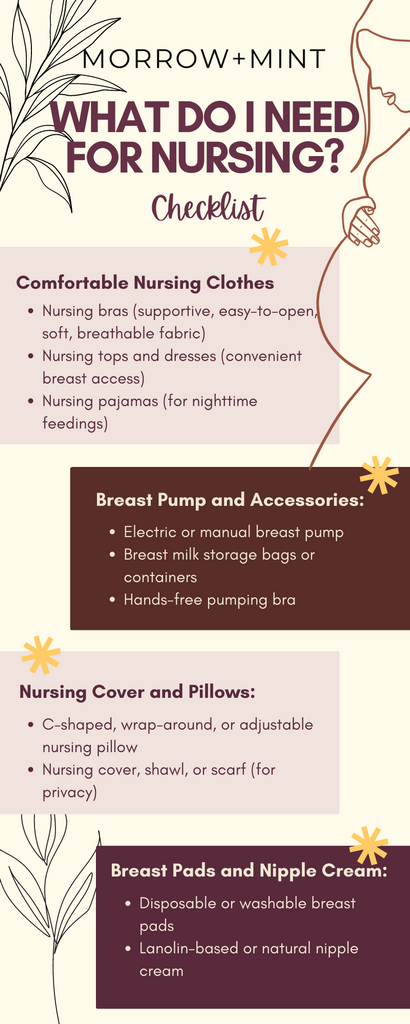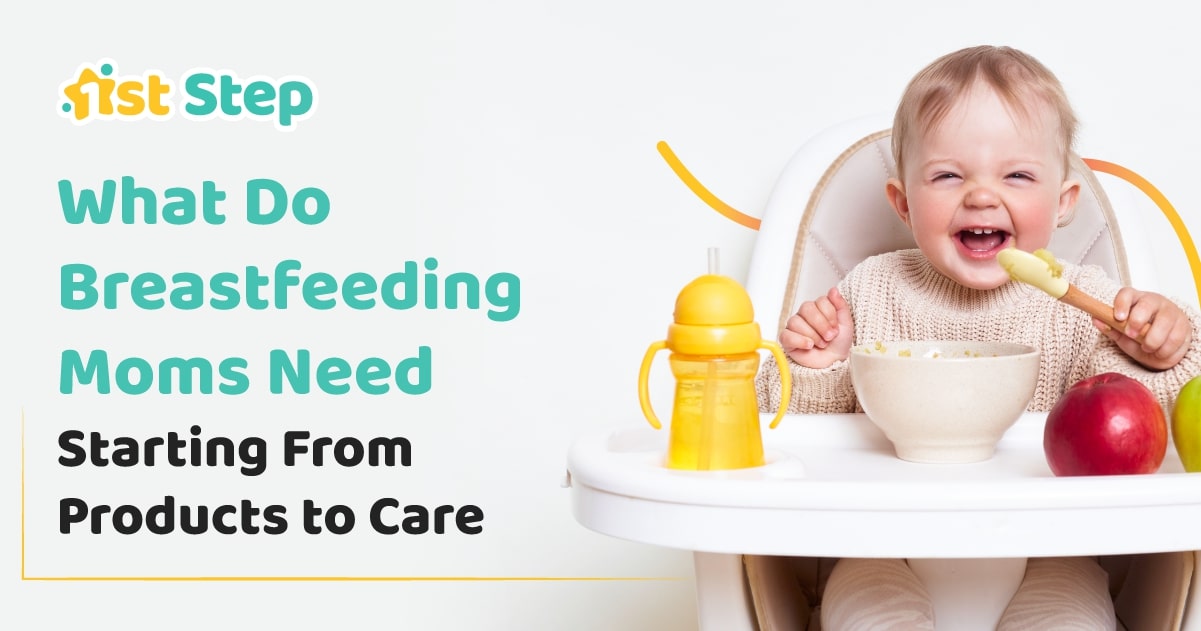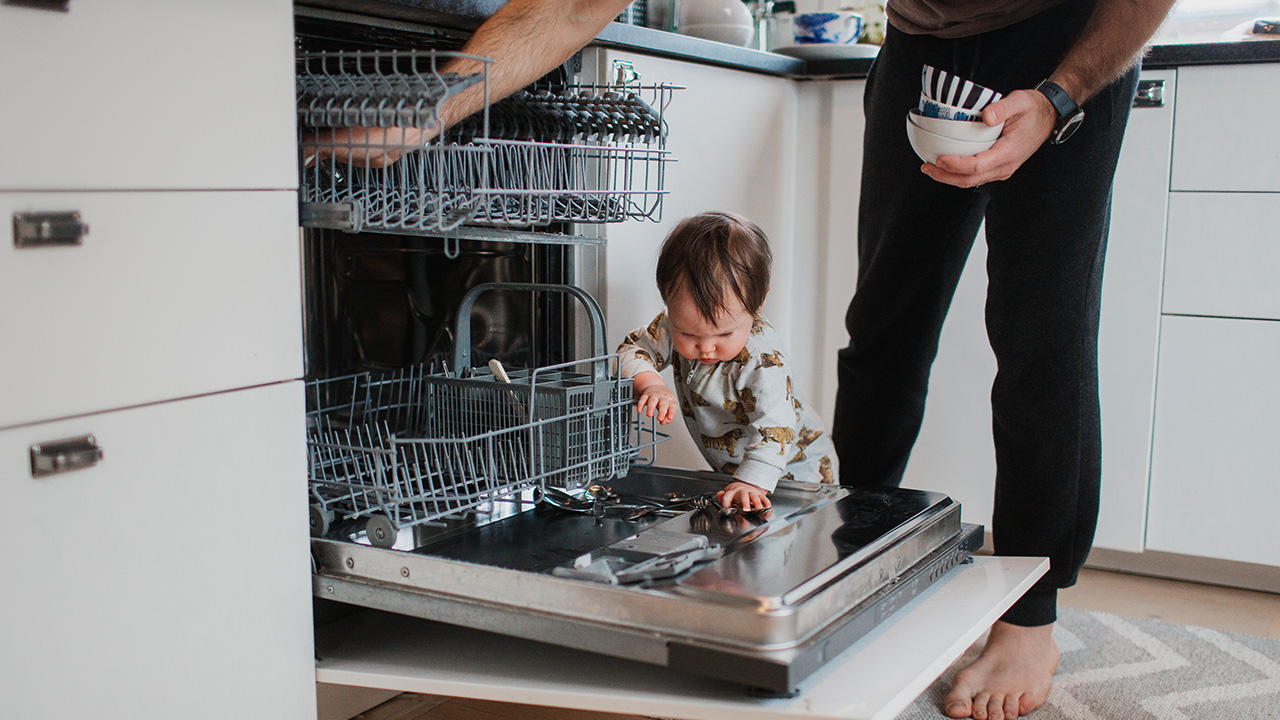Essential Guide: What Do I Need For a Successful Breastfeeding Experience?
Introduction
Breastfeeding is a unique bonding experience between mother and baby, providing ideal nutrition for the baby while offering numerous benefits for the mom as well. However, for first-time mothers or even experienced ones, breastfeeding can come with its challenges. This comprehensive guide will explore all the essentials you need to maximize your breastfeeding experience, ensuring both you and your baby are comfortable and healthy. We'll delve into the physical necessities, nutrition, a supportive environment, and self-care habits that lead to a successful breastfeeding journey.

What Breastfeeding Essentials Should I Know About?
Spotlighting the basics of breastfeeding, it is crucial to be well-equipped with specific essentials that ensure a smooth breastfeeding journey for both mother and child. Two of these primary essentials are a reliable breast pump and quality nursing bras.
- Breast Pump: A significant asset in a breastfeeding mother's arsenal is a high-quality breast pump. Harnessing a multitude of benefits, a breast pump assists in stimulating milk production, alleviating the discomfort of engorgement, and enabling you to store breast milk for later use. Particularly for mothers returning to work, a breast pump opens the avenue to continue providing breast milk to their infants.
- Nursing Bras: Another indispensable tool for breastfeeding mothers is a well-designed nursing bra. Nursing bras offer unrivaled comfort and practicality, lending additional support compared to regular bras, and designed with easily accessible flaps for feeding. They significantly simplify the process of breastfeeding and minimize the risk of milk leakage, ensuring your comfort throughout the day.
In summary, arming yourself with these essentials, a high-quality breast pump, and supportive nursing bras can vastly enhance your breastfeeding experience, prioritizing ease and comfort.
What Role Does Nutrition Play in Breastfeeding?
Proper nutrition is paramount when breastfeeding as it has a direct impact on your ability to produce high-quality breast milk for your baby. Your daily diet not only influences your health but also your baby's development and wellbeing. Therefore, mindful meal choices and maintaining adequate hydration levels play a critical role in a successful breastfeeding experience.
Here is a breakdown of the different nutritional aspects you need to consider:
- Increased Caloric Intake: Breastfeeding mothers require an additional 300-500 calories per day to sustain adequate milk production. These additional calories should ideally come from nutrient-dense sources.
- Protein: Protein is required in higher amounts in breastfeeding mothers, around 71 grams per day. Light meats like chicken and turkey, dairy products, beans, eggs, and tofu are excellent protein sources.
- Calcium: During breastfeeding, your calcium requirement is higher. Ensure that you consume around 1,000 milligrams of calcium daily, found in abundance in dairy, green leafy vegetables, and fortified cereals.
- Iron: Iron is vital to preventing post-partum anemia. Incorporate iron-rich foods like lean meat, lentils, and spinach in your meals.
- Hydration: Hydration is key when breastfeeding as it aids in milk production. Drinking around 8-10 glasses of liquid per day, including water, milk, and juice, is advised.
- Multivitamin: Continuing with your prenatal multivitamin during breastfeeding helps replenish nutritional gaps in your diet.
Remember, what you consume directly affects your baby's health and development. Therefore, ensure your diet is balanced, diverse, and rich in essential nutrients. Taking care of your nutrition while breastfeeding not only ensures your well-being but also provides your baby with the optimal nourishment they need during their developmental stage. Keeping these nutritional aspects in mind will ensure that both you and your baby enjoy a healthy and successful breastfeeding journey.
How Can I Create a Comfortable Environment for Breastfeeding?
Creating a welcoming and cozy breastfeeding environment is essential to make the process enjoyable and comfortable for both you and your baby. Here are some useful tips to assist and inspire you:
1. Choose a Comfortable Chair: A crucial item of any breastfeeding zone is a comfy chair. It can support you in maintaining a good posture, reducing back pain during prolonged feeding sessions. Look for chairs with good back and arm support, and consider a footstool for added comfort.
2. Arrange for Proper Lighting: Breastfeeding often involves late-night sessions that need proper yet soothing lighting. Choose lights that allow you to manage feeds without causing discomfort to you or your baby.
3. Keep Necessities Close: Keep all nursing essentials within arm's reach. These may include water, a nursing pillow, burp cloths, nipple cream, or even a book to pass the time.
4. Maintain a Comfortable Temperature: Ensure the room's temperature is warm and cozy, but not too hot, to ensure the baby's comfort.
5. Introduce Soft Sounds: Some mothers find soft background noise or relaxing music can make breastfeeding sessions soothing, and might even help to keep baby calm.
6. Use a Nursing Pillow: A nursing pillow will not only provide comfort to your baby but also ensure that they are latched on correctly for an effective feeding experience.
7. Create Privacy: You might feel more relaxed while breastfeeding if you have some privacy. Consider using a nursing cover if you’re in a public space or have visitors.
Breastfeeding is a personal experience unique to each mother and baby combination. The environment you choose can drastically influence your comfort and your ability to relax during this important bond-building experience. Follow these pointers to create an encouraging and nurturing space that meets you and your baby's needs.
What Self-care Habits Contribute to a Positive Breastfeeding Experience?
During the breastfeeding period, self-care is an integral part of ensuring a beneficial and vibrant experience. It's not merely about physical well-being but also encompasses mental and emotional health. Here are some self-care habits that contribute to a positive breastfeeding experience:
1. Adequate rest: With a new baby around, getting enough sleep can be challenging. Try to sleep when your baby sleeps or ask a family member or caregiver to look after the baby while you nap.
2. Proper hydration: Breastfeeding can make you feel thirstier than usual. Staying hydrated is important – drink more water, herbal teas, or fresh fruit juices.
3. Balanced Diet: Vital for producing nutritious breast milk and maintaining your health, so include plenty of fruits, vegetables, and lean proteins in your meals.

4. Regular exercise: Postpartum exercises are an excellent way to boost your mood and stamina. Choose gentle forms of exercise like yoga or walking.
5. Support Network: Lean on your partner, family, or friends for emotional support during this period. Not only can they provide practical help, but they can also help you manage any feelings of overwhelm.
By integrating these self-care habits, you can be sure of a more rejuvenating and successful breastfeeding experience.
Conclusion
A nutritious diet can positively impact your breast milk's quality, offering your baby the crucial nutrients they need for growth and development. Incorporating a variety of foods from all food groups — proteins, carbohydrates, fruits, vegetables, and healthy fats — will ensure both you and your baby's health are well-catered for.
Related FAQs about what do i need for breastfeeding
What are some helpful Tips for Successful Breastfeeding?
Successful breastfeeding tips include getting the correct latch, feeding on demand, maintaining skin-to-skin contact, staying hydrated, eating a balanced diet, using a high-quality breast pump, wearing a supportive nursing bra, and creating a comfortable breastfeeding environment. Additionally, rest and self-care practices are essential for a smooth breastfeeding journey.
How to Choose the Right Breast Pump?
Choosing the right breast pump depends on your personal needs and usage frequency. If you plan to use it often, consider an automatic, double-bust pump for efficiency. Look at the pump’s suction strength, portability, noise level, and ease of cleaning. Alternatively, if occasional use is planned, a manual pump may suffice.
Why is Support Network Important for a Smooth Breastfeeding Journey?
A support network can offer emotional assistance, practical help, and reassurance during breastfeeding, reducing stress and anxiety. The journey can be challenging, and having a strong support system in place, whether it’s family, friends, or professional lactation consultants, can make a world of difference.


